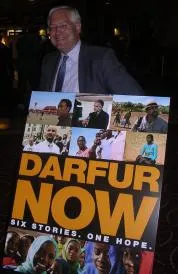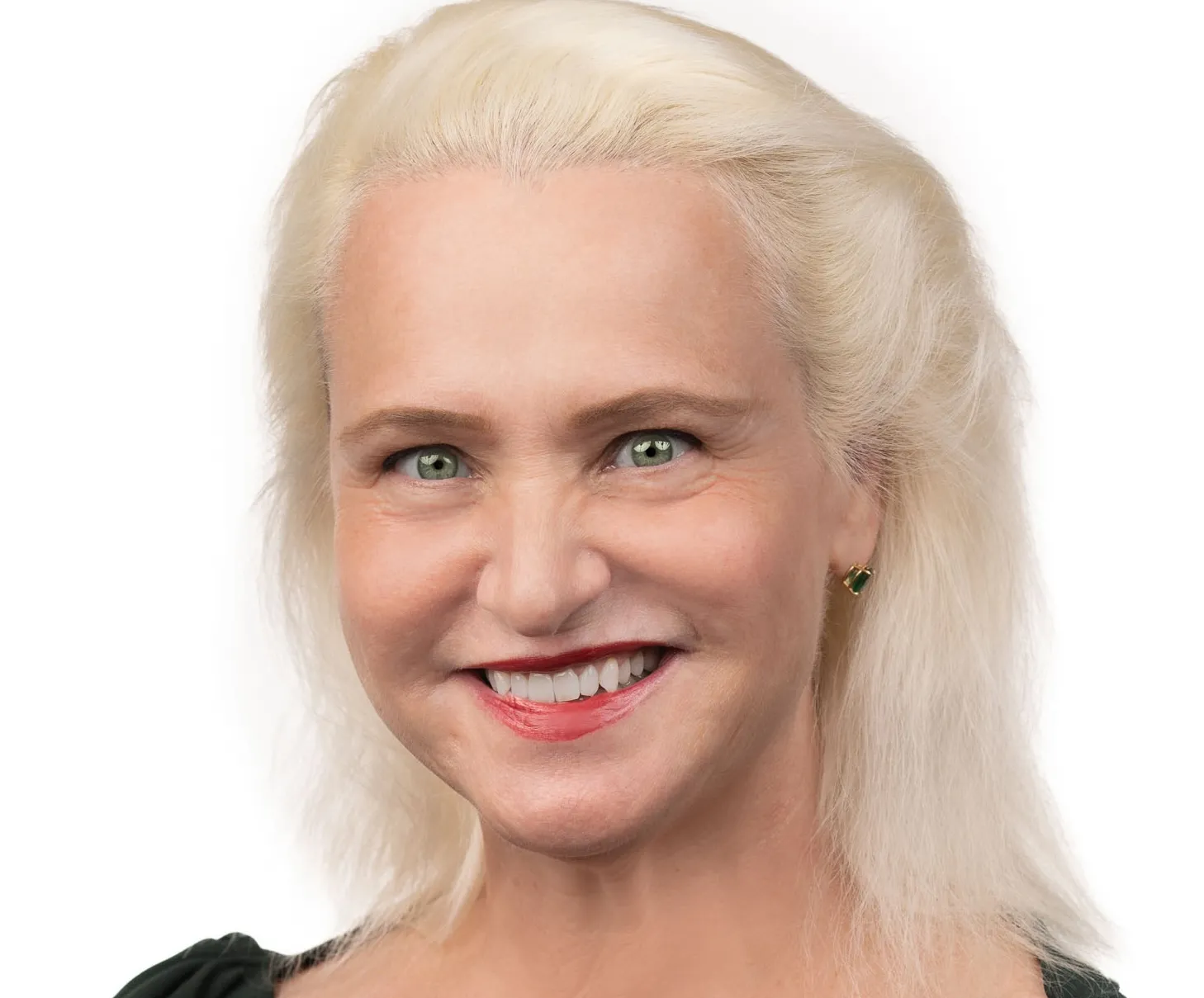Dean Schramm, '88: Communicating the Darfur Story

In 2006, Dean Schramm, ’88, attended a board meeting of the American Jewish Committee–Los Angeles about conditions in Darfur. The speaker concluded her harrowing presentation by mentioning something that Holocaust survivor and Nobel Peace Prize winner Elie Wiesel had recently said. Schramm recalls, “Weisel said, in effect, that Jews had no standing to complain that the world stood silent during the Holocaust if they stood idly by and did nothing during the genocide in Darfur.”
Those words struck a nerve with Schramm. Signing up for the AJC’s Darfur Task Force to consider what actions might be taken to address the crisis, he realized that he could contribute distinctive skills and resources. Having worked as an agent in film and television for a decade, he knew a number of people who might powerfully communicate the Darfur story.
At that same time, his personal life had settled into a very satisfying groove. His marriage of three years to Wendy Greuel, who had recently won election to the Los Angeles City Council, was wonderful. Their son, Thomas, two years old, was a constant source of joy.
He says, “I knew that the Darfur project would be the most challenging and meaningful of my professional career, and with Wendy’s complete support, I plunged in.” He took on the role of executive producer, gathering together an extraordinary team that included two Academy Award–winning producers and the Academy Award–nominated actor Don Cheadle. Steven Spielberg and his Righteous Persons Foundation made a substantial grant that allowed production to begin, and Participant Productions and Warner Brothers provided primary financing and distribution.
Remarkably, director Ted Braun—whose wife, Lori Froeling, is a 1985 graduate of the Law School—obtained permission from the Sudanese government to film extensively in Darfur, including in displaced persons camps and rebel territory.
The film, Darfur Now, had its theatrical premiere in 2007, earning several nominations for best documentary and winning the NAACP’s 2008 Image Award. It will be available on DVD in May. “Audiences are often surprised when they see the film,” Schramm says. “It’s not about despair and hopelessness, although much of that is witnessed. It focuses on six remarkable people who have chosen to stand against indifference and respond to this terrible crisis. Ultimately, the film is a product of what it seeks to achieve—it came into being because ten people at the AJC sat down and asked themselves, ‘What can I do?’ The film seeks to empower the audience to ask that very question.”
“My education at the Law School was invaluable for this project,” he says. “First, the intellectual environment of the Law School sensitized me to appreciate events around the world in general. Second, the rigors of the Law School gave me the confidence to believe that I could accomplish anything I set my mind to. The Law School also reinforced the commitment to justice that my parents instilled in me, which is essential for addressing and resolving the crisis in Darfur.”
Schramm recently opened his own firm, The Schramm Group. He expects shooting to begin later this year on a narrative feature film about Darfur that he spearheaded. His wife is now running for Los Angeles City Controller, one of only three citywide elective offices. His son soon will start kindergarten. “It gets hectic,” he says, “but we are blessed. No complaints. To gain perspective about just how lucky we are, I need only look at families in Darfur or remember the fates of so many during the Holocaust. That’s not something we really want to think about and remember, but we must, and we learn a lot about life when we do."


